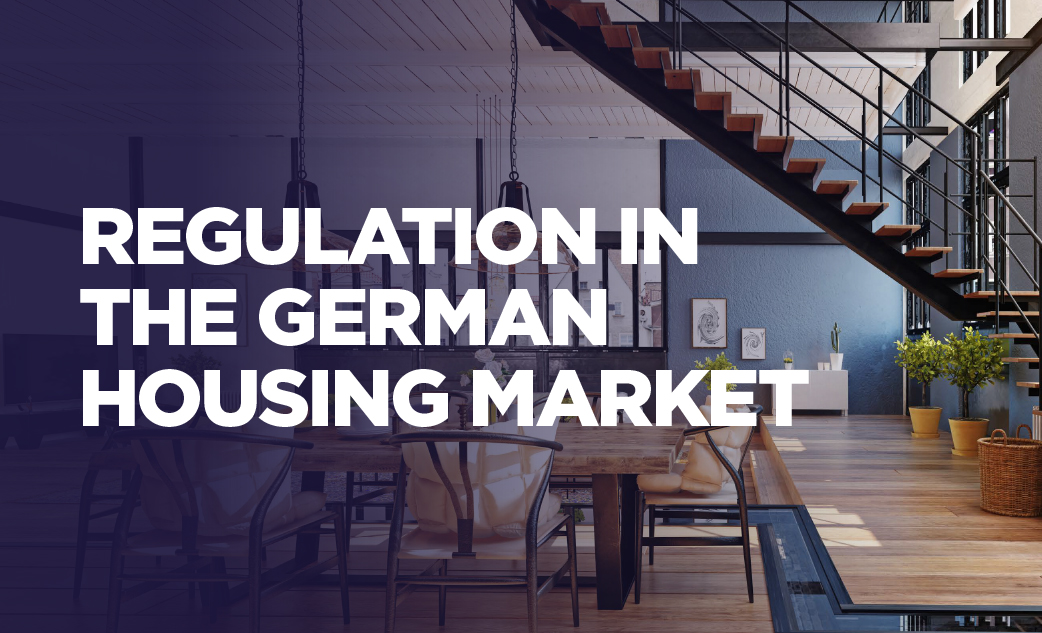Investments in hotel properties in Germany fell by 57% to around €2.1bn in 2020 (2019: €4.8bn). Of this, half was contributed by a strong first quarter (+60% y-o-y 2019), while remaining three quarters of 2020 saw an annual decline of 64% due to COVID-19. In total, 71 transactions with an average volume of €29m were recorded last year.
The bulk of investors were German, contributing around 75% of the transaction volume, followed by French (14%) and Swiss (7%) investors. Investors from the USA and Israel accounted for the remaining of 4%.
The most active investor class was institutional investors, who were responsible for just under half (48%) of the transaction volume, followed by real estate companies who contributed 27%. Other the other active participants comprised high net worth private investors / family offices (12%), developers (9%) and hotel operators (4%).

The largest transactions in the fourth quarter of 2020 included:
- The sale of the 251-room Sheraton Westpark in Munich, including the associated 22,900 sqm of office space, to the family office of Hexal founders Strüngmann. The property was sold by Officefirst.
- The sale of the 244-room Renaissance Hotel on the Nördlicher Zubringer in Düsseldorf to a local office developer. The property was sold together with a multi-tenant property in Berlin by DIC for around € 108 million.
- The purchase of a double hotel development (IntercityHotel & Adagio Aparthotel) at Heidelberg's main railway station by the real estate special hotel fund of Bayerische Versorgungskammer (BVK). The development with a total of 360 rooms was sold by the developer GBI. Opening is planned for autumn 2022.
- The sale of the Kaiserhof Heringsdorf hotel on Usedom with 143 rooms to the Friedemann Kunz Family Foundation. The seller was architect Gerd Seele from Leer, who had opened the hotel in 1997 as a Maritim Hotel. As of 1 January, the hotel will be operated by Arcona Hotels & Resorts, who signed a long-term lease at the end of November.
Due to the impact of COVID-19, the hotel investment market in 2020 exhibited one of the weakest performances of the past six years, with the result almost 50% below the 5-year average of €4.4bn. performance would have been even worse without the strong Q1. One of the main reasons for the slump was the general caution of investors, especially the dominant institutional investors, who either put their investment activity on hold or focused very selectively on core locations and properties. Tighter financing conditions presented an additional hurdle, and was difficult to secure even for good properties. Furthermore, some sellers were not prepared to accept purchase price reductions corresponding to the increased risks. As a result, many planned sales processes were paused or postponed indefinitely.
"We did not see a large wave of distressed sales last year, which was due in particular to the numerous aid programmes and the often financially strong owners. We do not expect such a wave to occur in 2021 either, as financiers have little interest in ending up with the properties on their balance sheets and are thus seeking compromises. The first quarter will be indicative of how the market develops and to what extent there will be further takeovers or sales in the operator sector. There continues to be sufficient capital at both extreme ends of the spectrum - i.e. very opportunistic investors looking for bargains as well as "ultra-core" and institutional investors focusing on top operators in prime locations. However, there is a lack of product and liquidity in the financing market. Investors remains cautiously optimistic in outlook, as Germany is generally very well positioned for a swift recovery," commented Stefan Giesemann, Head of Hospitality Germany & Austria at Cushman & Wakefield.






